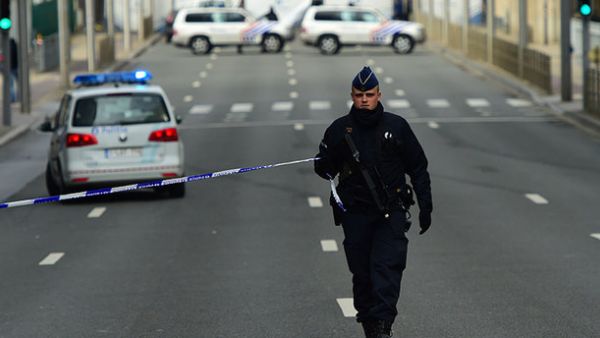European law enforcement agencies should be able to access encrypted messages on services such as Telegram, as part of efforts to fight terrorism, the interior ministers of France and Germany said Tuesday.
France in particular has been in the crossfire of Islamist extremists, with more than 200 people dying in several large-scale attacks over the last 20 months. Germany has also experienced recent Islamist-inspired attacks, although no civilians have been killed.
Online and mobile messaging services such as the Telegram app are thought to be a common form of communication for extremist groups, as they use encryption that makes it hard for police and judicial authorities to tap into their messages.
French Interior Minister Bernard Cazeneuve and his German counterpart Thomas de Maiziere asked the European Commission to look into drafting laws that would enable judicial access to encrypted messages on all platforms operating in the EU, even if they are based elsewhere.
"Increasingly systematic exchanges operated via certain applications such as Telegram must, in the context of judicial procedures ... be able to be identified and used as elements of proof," Cazeneuve said during a visit to Paris by de Maiziere.
The ministers also called for rapid steps to beef up EU border controls, following a decision taken earlier this year. They proposed holding an exercise on the ground to test the bloc's crisis response capabilities, as well as greater efforts to fight document fraud.
The three-pronged Franco-German proposal also includes a renewed call for greater information-sharing among member states. This has long been a bone of contention, as many EU capitals have been reluctant in the past to pass on security data.
The ministers demanded the establishment of a single EU-wide system to collect data on people crossing in and out of the bloc, as well as the centralized collection of information on sought suspects, visa recipients, registered refugees and air passengers.
"We want a common European management of [personal] identities for travel, security and migration," de Maiziere said.
The ministers want their proposals to be discussed at an informal summit of 27 EU leaders - all except Britain, following its vote to leave the bloc - in Bratislava on September 16.
By Helen Maguire and Sebastian Kunigkeit








